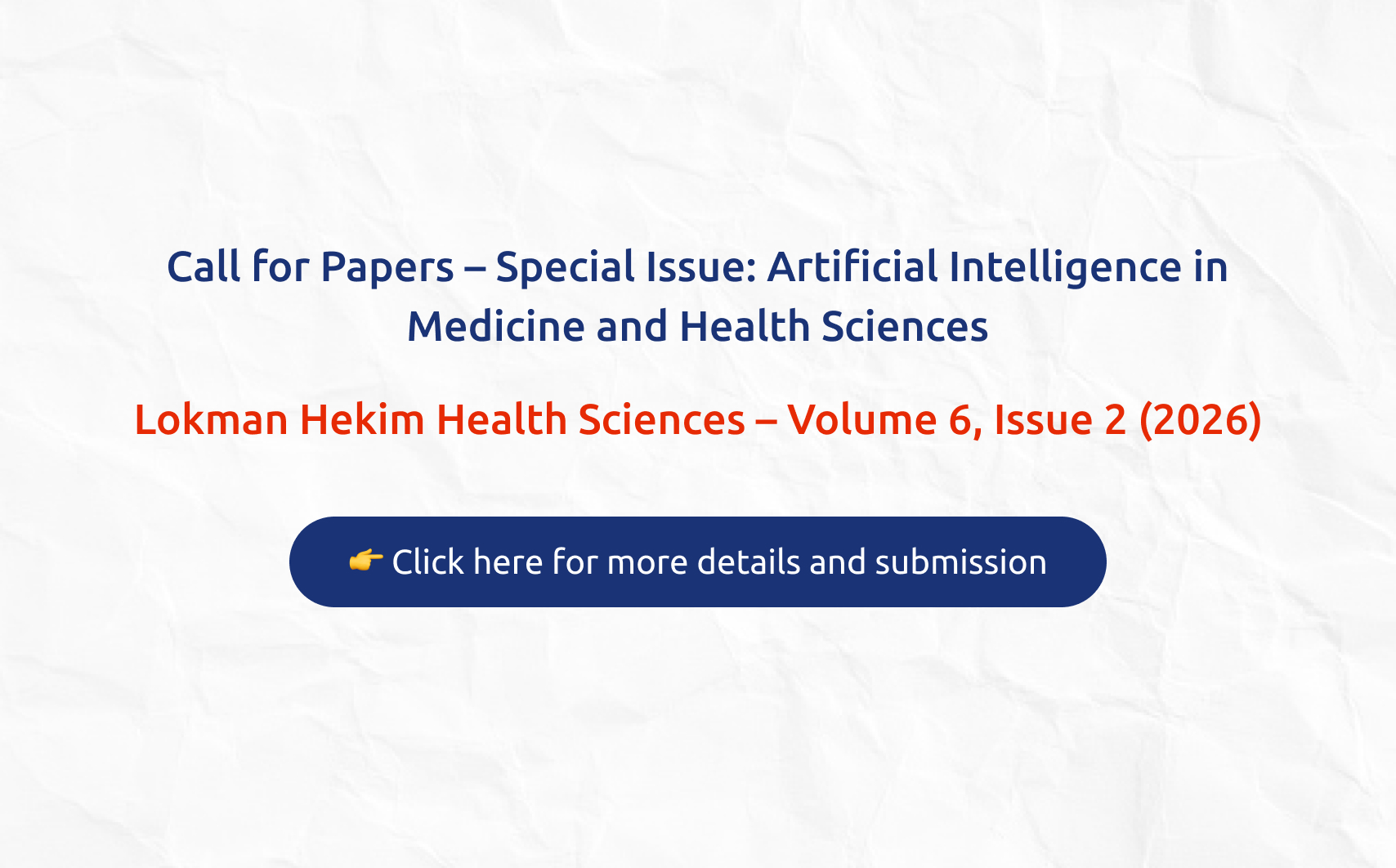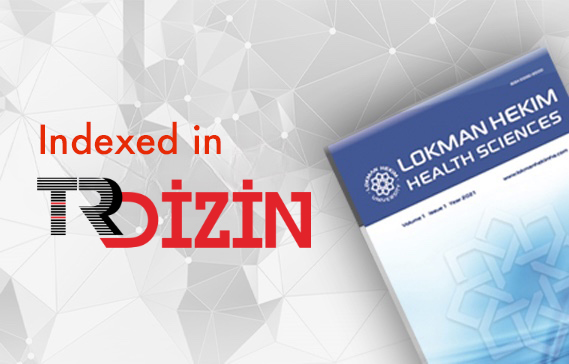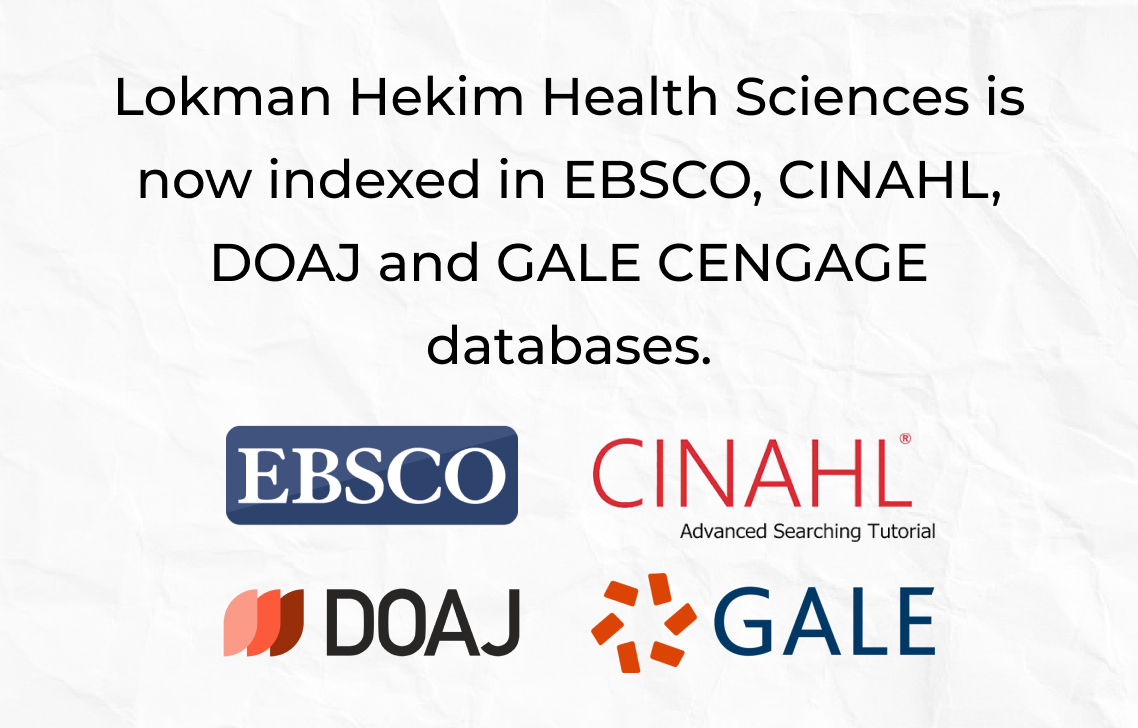2Fundamental of Nursing and Management, Aksaray, Türkiye
Abstract
Introduction: Patients in intensive care units (ICUs) are highly vulnerable to malnutrition, which can result in complications, extended hospital stays, and higher mortality rates if not properly addressed. Therefore, evaluating nurses' roles, knowledge, and competency in providing nutritional support is essential. This study inquiries into nutritional support in ICUs and nurses' perspectives on it.
Materials and Methods: This descriptive, prospective study was conducted in the ICUs of a training and research hospital in Central Anatolia. It involved 67 nurses working in neurology, general, and internal medicine ICUs of the hospital, as well as the patients admitted to these units during the study. Data were collected using the Patient Nutritional Process Monitoring Form and Nurse Information Form, then analyzed with SPSS 23.0.
Results: Of the nurses, 38.8% had not received nutritional support training but expressed interest in doing so, while 31.3% had not received training or shown interest. The mean scores of the nurses' adequacy in the nutrition process, which they evaluated themselves on a 10-point visual scale, were determined as 7.25 in initiation, 7.57 in maintenance, and 7.81 in termination. Nutritional support was given to 88.4% of patients, with oral (48.2%) and enteral (34.6%) feeding being most common. Diason (28.1%) and Impact Glutamine (17.4%) were the most frequently used nutritional products.
Discussion and Conclusion: This study reveals that a significant proportion of ICU nurses lack training in nutritional support, which may hinder effective clinical practice, especially during the initiation phase. Improving in-service training and ensuring optimal nurse-to-patient ratios are essential for enhancing the quality and consistency of nutritional care in critical settings.
2






 Miyase Avci1
Miyase Avci1 









